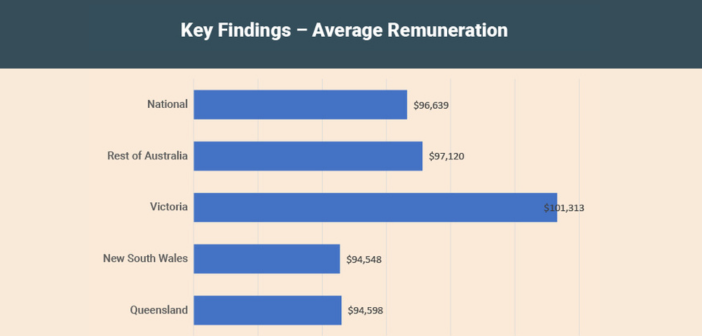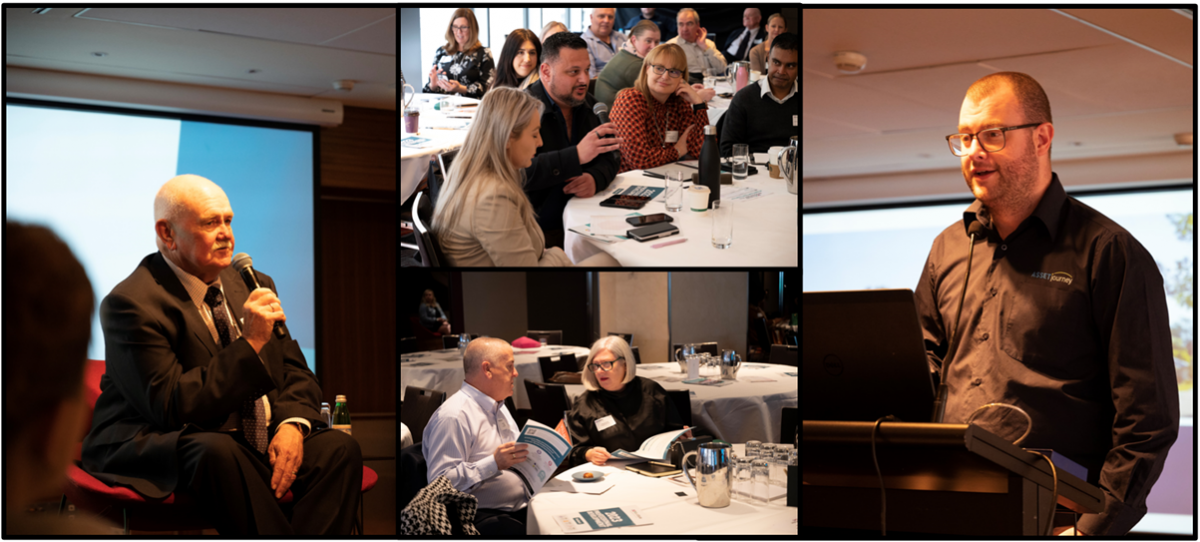The Retirement Living Council (RLC), which represents the retirement living sector, and NSW Retirement Village Residents Association (RVRA), representing more than 4,000 residents, have united to try to change the State Government’s unwieldly Asset Management Plan (AMP).
The former NSW Government delayed the introduced of the AMP by 12 months until July last year and RLC Executive Director Daniel Gannon, ahead of the NSW Election, said it had the “biggest adverse impact” on the sector this year.
Daniel and Craig Bennett, President of the RVRA, have now written to the new Minister for Better Regulation and Fair Trading, Anoulack Chanthivong, outlining “systemic problems” with the AMP.
“Key challenges of the AMPs highlight the impractical nature of the documents and the challenge faced for residents to comprehend them,” stated the letter to the Minister.
“We are united in seeking reform of the AMP laws so that residents receive information, which is transparent, useful, comprehensible and digestible.”
The AMP documents the costs of purchase, ongoing maintenance, repairs, and replacement of a retirement village’s major items of capital, including shared major items of capital.
AssetFuture, the largest provider of Asset Management Planning solutions to NSW RV operators, has shared insights with the RLC and the RVRA on how the AMP could be presented in a more practical and easier-to-understand format for retirement village residents.
The Shadow Minister for Fair Trading, Tim James, has offered to meet with members to discuss the submission further and the Department of Fair Trading is reviewing the submission and says it is looking forward to working with the RLC and RVRA.





